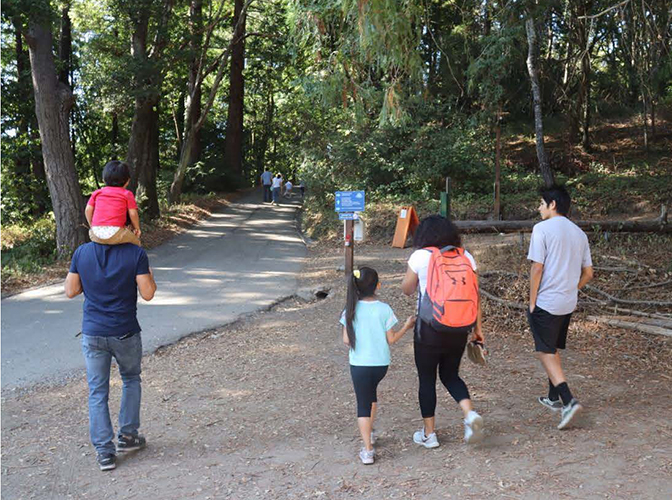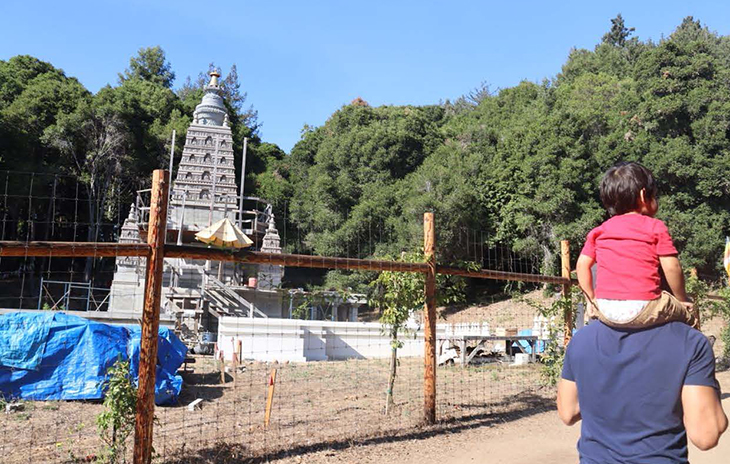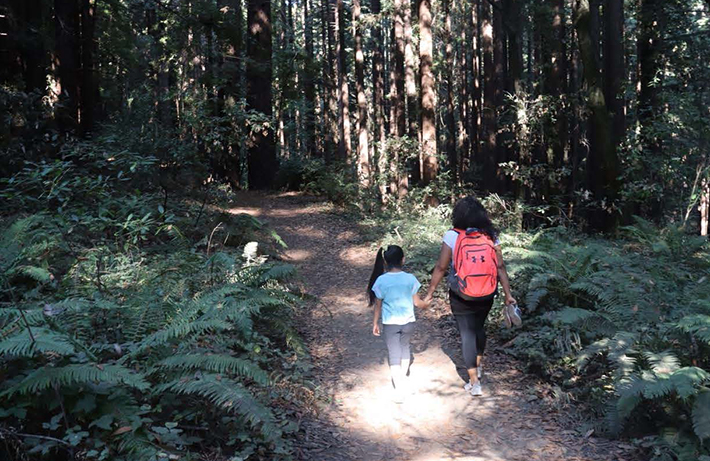
California’s undocumented workers face food insecurity and evictions now that $75 million in California state funding appropriated in April to support them through the crisis has been depleted.
An estimated 2 million undocumented workers reside in California. Of those, approximately 125,000, or only a little less than 6 percent of them, received the one-time benefits of $500 per adult or $1000 per household before they dried up in July.
“You have a hemorrhage and we’re giving you a Band-Aid,” said Maria Cadenas, co-founder of Undocufund, a group dedicated to providing financial support to undocumented immigrants in the North Central Coast. “I appreciate the intent. But it’s not enough.”
In mid-September, Governor Gavin Newsom signed AB 1876, a law that expanded tax credits to undocumented workers who file taxes with an Individual Taxpayer Identification Number (ITIN). AB 1876 ensures that undocumented immigrants are able to access the California Earned Income Tax Credit.
Now, income-eligible undocumented workers with three or more children will have an additional $3,000 in their pockets come tax season.
Yet, advocates said this was inadequate.
“That’s a tax credit,” Cardenas said, noting that it would provide relief once a year but fails to address the fact that many of the government benefits meant to address needs during COVID remain inaccessible to undocumented workers, “For example, small business assistance sometimes require somebody to have a social security number to qualify for the state and you have a lot of businesses owned by immigrants who were not able to qualify for that emergency aid.”
At the end of August, to address these immediate needs, the California Assembly and Senate passed bill AB-826, which would have allocated $600 in food assistance to low-income residents, including undocumented workers.
On September 30, Newsom vetoed the bill.
“Given the significant General Fund impact annually that this bill would have, I am unable to sign this measure,” Newsom said in an official statement.
Hector, an undocumented worker who has lived in Santa Cruz county for over 20 years could have benefited from AB 826.

Due to concerns of revealing his identity to Immigration and Customs Enforcement, Hector’s name has been changed to maintain his anonymity.
He has been operating his own small business for 10 years, but when he and his daughter, 9, contracted COVID-19 in mid-September, he began struggling to support his family of five.
Fortunately for Hector, they only had mild symptoms. However, he notes health concerns were not his only worries, “Of course, if the business is not functioning, ‘How will we pay for food? How will we pay for water, electricity, rent?”
Without a social security number, Hector cannot apply for small business assistance, and now all relief for undocumented workers has dried up.
Hector moved to the Santa Cruz, CA 20 years ago after fleeing violence and economic insecurity in Mexico City, Mexico. Ten years ago, after working many jobs in fast food, he started his own nutrition business.
Now, his greatest concern is how he will provide food, water, and housing for his son, 2, daughter, 9, son, 16 and spouse.
Hector has never sought government assistance, largely due to concern of being considered a “public charge.” He explains, “One has to try to be self-sufficient and not ask for help. We want to do this… but as more days pass it becomes more and more difficult… trying to cover all of our expenses without operating business normally… it gets harder and harder and eventually we have to ask for help.”
Salud para la Gente, a small health clinic providing care to many undocumented workers in Santa Cruz County, has seen Hector’s story play out among dozens of their patients.
Amy McEntee, the center’s chief medical officer said, “If there was a way to address the housing issue that would have helped a lot… And a lot of what we’re seeing is really about poverty, income, housing, inequity and all of these factors, because it touches everything. It just, it all piles on. And that’s what we’re seeing now.”

With relief funds for undocumented workers absent since July and Newsom’s veto of AB 826, Cadenas believes more dramatic action is required from government to prevent further devastation to the undocumented community.
“I strongly believe we need to figure out how to do the ‘The Bailout,’ if you would, of the rental crisis that we’re going to see, we were looking at a cliff of evictions unless we do something as a state to keep people housed,” Cadenas said.
Despite these challenges, Hector still remains hopeful.
“It doesn’t seem like this is going to end in two weeks or three weeks, I think it will last longer,” he said. “But we have to stay creative, we have to keep a good spirit, and, more than anything we have to keep our faith. Someday this has to end, but in the meantime, we continue forward.”
